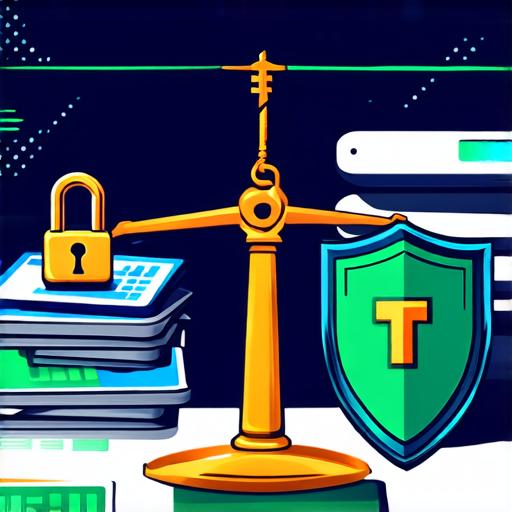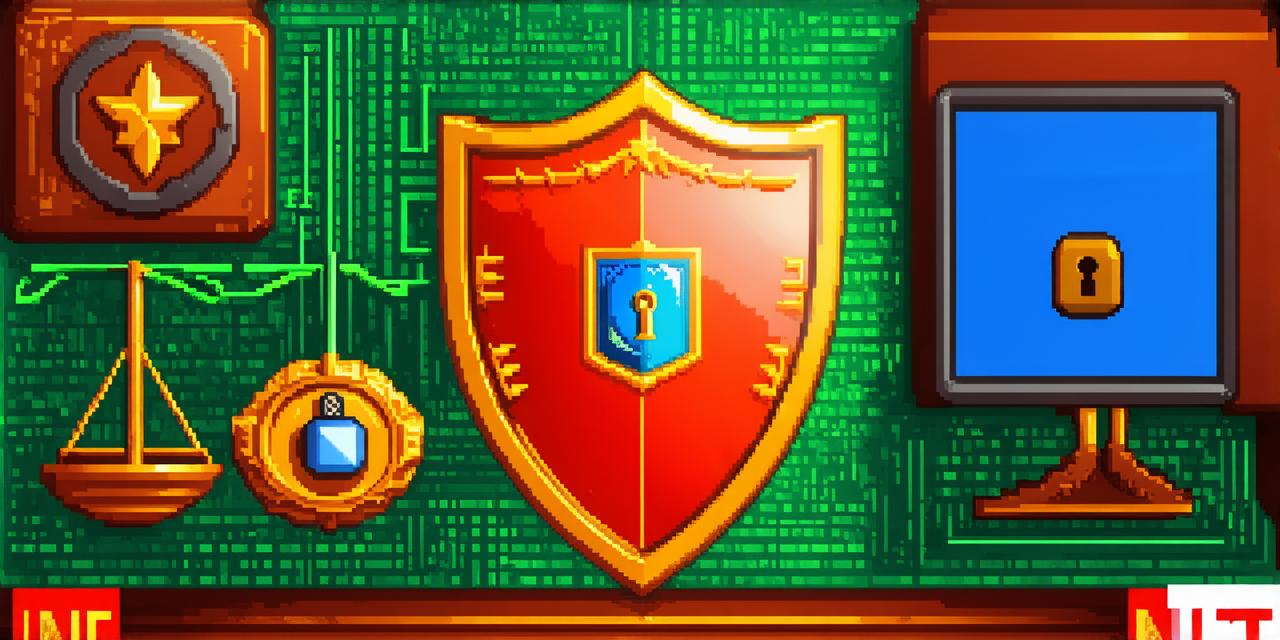NFTs, or non-fungible tokens, have been gaining popularity in recent years as they offer a unique way to own and trade digital assets. As more people enter the market, game developers are also exploring the use of NFTs to create new revenue streams and engage players in innovative ways. However, there are legal questions surrounding the trading of NFTs that game developers must consider before entering this space. In this article, we will explore the legality of trading NFTs, including any potential risks and opportunities for NFT game developers.
What are NFTs?
NFTs are digital assets that represent ownership of a unique item or piece of content. These items can be anything from art pieces to in-game items, and they are often stored on blockchain technology to ensure their authenticity and rarity. NFTs are non-fungible, meaning they cannot be replaced with another asset of equal value. This makes them highly desirable for collectors and investors, who may be willing to pay a premium for rare or exclusive items.
Legality of Trading NFTs
The legality of trading NFTs depends on several factors, including the jurisdiction in which they are being traded and the type of asset being sold. In general, NFTs are considered to be digital assets, which can be bought and sold like any other form of property. However, there are some key differences between NFTs and traditional assets that game developers should be aware of.
One important consideration is the regulatory environment surrounding NFTs. While some countries have embraced NFTs as a legitimate form of investment, others have taken a more cautious approach. In the United States, for example, the Securities and Exchange Commission (SEC) has classified certain types of NFTs as securities, which means they are subject to federal securities laws. This can make it difficult for game developers to sell NFTs in the US without obtaining regulatory approval.
Another key factor is the ownership rights associated with NFTs. Because NFTs represent unique items or pieces of content, they may be subject to copyright and trademark laws. Game developers must ensure that they have the proper licenses and permissions to use any copyrighted materials in their NFTs, and they must also be transparent about the ownership rights associated with each item.

Potential Risks and Opportunities for NFT Game Developers
Despite these legal considerations, there are also many potential benefits to using NFTs in game development. One key advantage is that NFTs can help game developers monetize their content in new ways. By selling exclusive items or assets as NFTs, they can create new revenue streams and engage players in innovative ways.
NFTs can also help game developers build a sense of community and loyalty among their players. By creating rare and exclusive items that can only be obtained through gameplay or other means, they can encourage players to keep coming back and engaging with the game on a deeper level.
Another potential benefit of NFTs is that they can help game developers create more authentic and valuable digital assets. Because NFTs are stored on blockchain technology, they are inherently unique and cannot be replicated or duplicated. This makes them highly desirable for collectors and investors, who may be willing to pay a premium for rare or exclusive items.
Case Studies and Personal Experiences
There are already several examples of successful NFT game development, including the popular game Cryptokitties. Launched in 2017, Cryptokitties allowed players to breed and collect unique digital cats as NFTs. The game quickly gained popularity, with players spending millions of dollars on rare and exclusive cats.
Another example is the game Decentraland, which allows players to create and own virtual real estate in a decentralized blockchain-based world.
